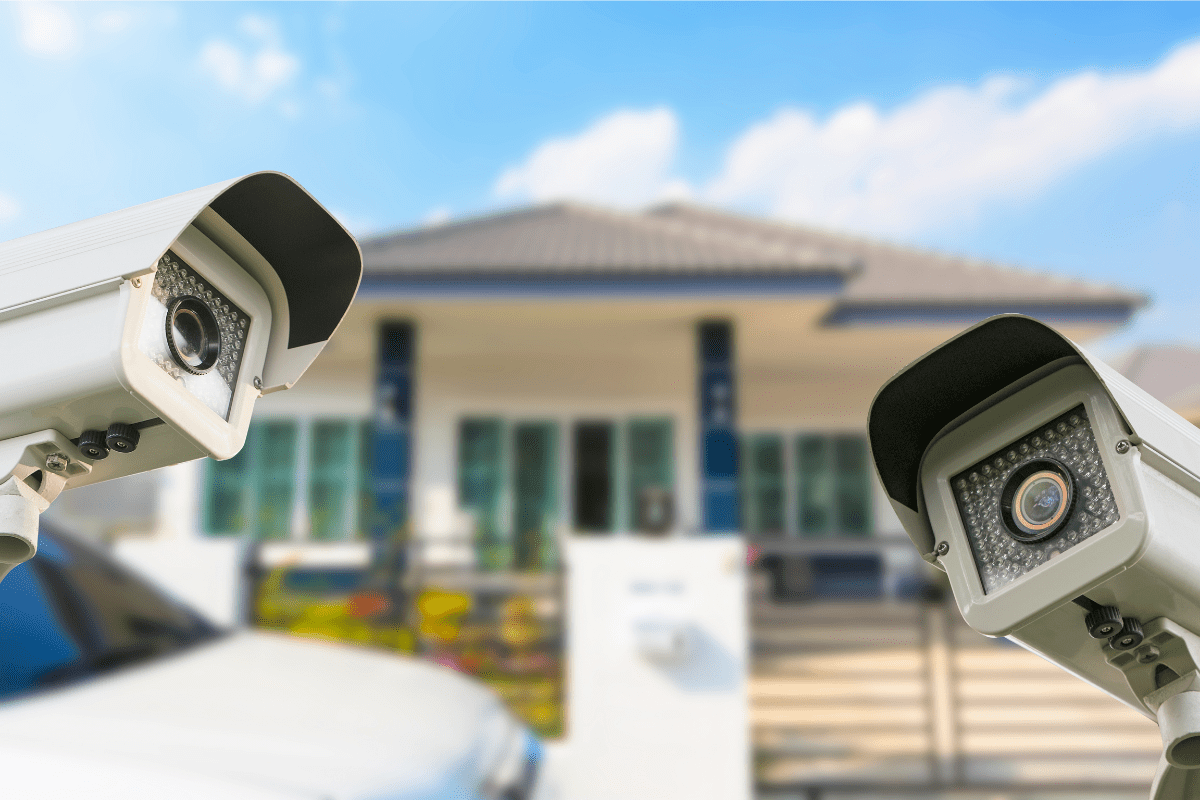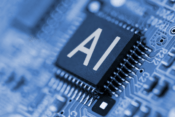
Personal AI security systems
One late evening, James received a notification on his phone. Someone was moving outside his front door. At first, his heart raced, thinking of an intruder. But when he opened the live feed, his AI-powered security system had already identified the visitor. It was his neighbor’s dog sniffing around the porch. The system not only recognized the animal but also reassured James with a simple message: “No threat detected”.
For James, this was a game-changer. Instead of staying awake every night to strange noises, he finally felt at ease knowing his home was watched over by intelligent technology that could tell the difference between a stray dog, a delivery person, or a real danger.
This is the new reality of personal AI security systems. They go beyond alarms and locks to offer personalized, intelligent, and proactive protection.
What Are Personal AI Security Systems?
Personal AI security systems use artificial intelligence to monitor, analyze, and respond to potential security threats. They can work in physical spaces such as homes or digital spaces like online accounts.
These systems rely on technologies such as:
- Computer vision to recognize people, animals, or objects
- Machine learning to detect unusual patterns in behavior
- Natural language processing to understand and respond to commands
- Predictive analytics to forecast risks before they happen
Unlike traditional security systems, which often react after something happens, AI systems are proactive. They can prevent, predict, and personalize safety measures.
Fun Fact: While many think of AI security as home cameras, AI also powers cybersecurity tools that can detect phishing emails, fake websites, and even hacking attempts. IBM reports that AI-powered cybersecurity tools can reduce data breach detection time by 80 percent.
How AI Improves Security in Everyday Life
1. AI Home Surveillance
Modern cameras equipped with AI can distinguish between a human, a car, or a passing animal. Systems like Arlo AI and Nest Aware can send alerts only when a real human is detected, reducing false alarms.
Tip: Adjust your AI camera settings to focus only on critical zones such as doorways and windows for fewer distractions.
2. AI-Powered Doorbells
Smart doorbells with AI can recognize familiar faces and alert you if an unknown person lingers too long. Some even communicate in real time with delivery drivers to ensure packages are left securely.
Expert View: According to Sarah Lin, a smart home security consultant, “AI doorbells have redefined the entry point of homes. They act like digital gatekeepers, blending hospitality with vigilance.”
3. AI Cybersecurity Tools
Apps like Darktrace and CrowdStrike use AI to monitor online activity and detect threats faster than humans can. They flag unusual login attempts, block malicious links, and prevent data theft.
Fun Fact: Nearly 94 percent of malware is delivered via email, and AI email filters block billions of dangerous messages every day.
4. AI Personal Safety Apps
Apps such as Noonlight and Safetipin use AI to track your location and send alerts to emergency contacts if unusual activity is detected. Some even predict unsafe routes in cities based on crime data.
Tip: Enable background location tracking on safety apps when commuting late at night for added peace of mind.
5. Smart Lock Systems
AI-enhanced locks can recognize authorized users through facial recognition or voice commands. Unlike traditional keys, they are harder to duplicate or steal.
Expert View: Professor Daniel Hunt, an expert in AI ethics, notes, “AI locks represent a shift from reactive to proactive security, but they also demand strong privacy safeguards.”
Tips for Using AI Security Responsibly
- Combine AI with Human Judgment: AI is powerful, but it is not perfect. Always double-check alerts before making drastic decisions.
- Prioritize Privacy: Choose AI systems that store data locally or use encrypted cloud storage. Your security should not compromise your privacy.
- Regularly Update Software: Security systems improve with updates. Make sure your devices are running the latest version to avoid vulnerabilities.
- Customize Notifications: Too many alerts can cause you to ignore important ones. Adjust settings so you only receive critical warnings.
- Integrate Physical Safety Habits: Lock doors, use curtains, and remain cautious. AI should complement, not replace, common sense.
Fun Facts
- By 2026, the global AI security market is expected to reach 38 billion dollars.
- AI face recognition is so advanced that it can now identify identical twins with over 95 percent accuracy.
- Some AI-powered drones are being used by homeowners to patrol large properties autonomously.
- Cybersecurity AI tools can analyze millions of files per second, far beyond human capability.
Experts’ insight
- Dr. Emily Rhodes, Cybersecurity Analyst: “AI is critical in modern security. It catches what humans often miss, especially in the digital space where threats are evolving by the minute.”
- Michael Lopez, Home Security Entrepreneur: “Personal AI systems are no longer luxuries. They are becoming essential household investments, just like smoke detectors.”
- Professor Anita Shah, Data Privacy Advocate: “The rise of AI in security requires careful consideration of data collection. Protecting safety should not come at the cost of losing personal freedoms.”
Addressing Concerns
Concern 1: Can AI Misidentify People?
Yes, AI is not flawless. It can sometimes mislabel individuals, particularly in poor lighting. However, accuracy improves as the system learns over time.
Concern 2: Is AI Security Too Expensive?
Costs are dropping. What was once a luxury for the wealthy is now available in subscription-based models starting at just a few dollars a month.
Concern 3: Does AI Replace Human Guards?
AI complements, not replaces, human judgment. It provides real-time alerts and insights, but people remain essential for making final decisions.
Real Life Success Stories
- Lily in Toronto avoided a break-in when her AI doorbell alerted her to suspicious activity. She was able to call the police before the intruder even entered.
- Ahmed in Dubai had his email accounts targeted by hackers, but AI cybersecurity flagged the login attempts and blocked them within seconds.
- Rachel in California feels safer jogging at night thanks to an AI safety app that shares her live location and alerts her if she strays into risky areas.
The Future of Personal AI Security
The future holds exciting innovations. Imagine AI systems that not only detect intruders but also predict risks based on neighborhood crime data. Picture AI-powered bodyguards in wearable devices that can monitor your stress levels and call for help if you are in danger.
Retailers are also developing AI-powered community watch platforms where neighbors share real-time safety alerts through AI-moderated networks.
According to a Deloitte 2024 report, AI security systems will become as common as Wi Fi in homes within the next decade.
Conclusion
Personal AI security systems are reshaping how we protect ourselves, our homes, and our digital lives. From smart cameras that distinguish between pets and strangers to AI cybersecurity that blocks hackers in real time, the possibilities are endless.
The biggest advantage of AI security is its ability to prevent threats before they escalate, offering peace of mind that traditional systems cannot match. Yet, while these technologies empower us, they also remind us to balance convenience with privacy and human judgment.
As adoption grows, AI security will move from being a futuristic luxury to an everyday necessity. It is not just about feeling safe. It is about knowing that safety has become smarter, faster, and more personal.
With personal AI security systems, the future of safety is intelligent, adaptive, and within everyone’s reach.
References
- IBM Security Report (2023). AI and Cybersecurity: Detection Efficiency.
- Deloitte Insights (2024). The Future of AI in Security Systems.
- Rhodes, E. (2023). AI in Modern Cyber Threat Detection.
- Lin, S. (2024). Smart Home Security Innovations.
- Hunt, D. (2023). Ethics and AI Security Systems.











